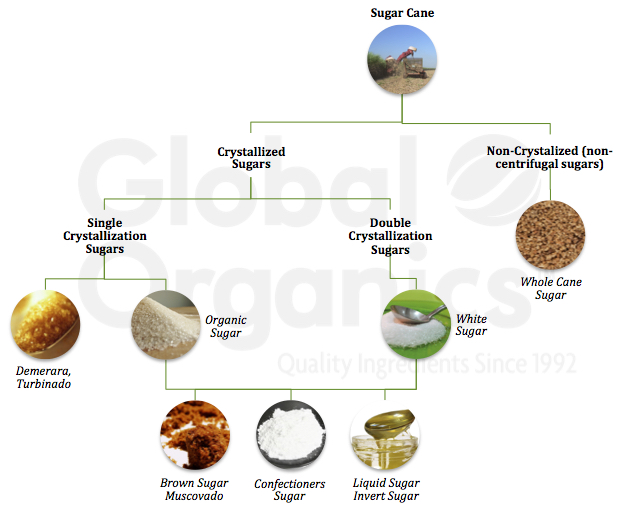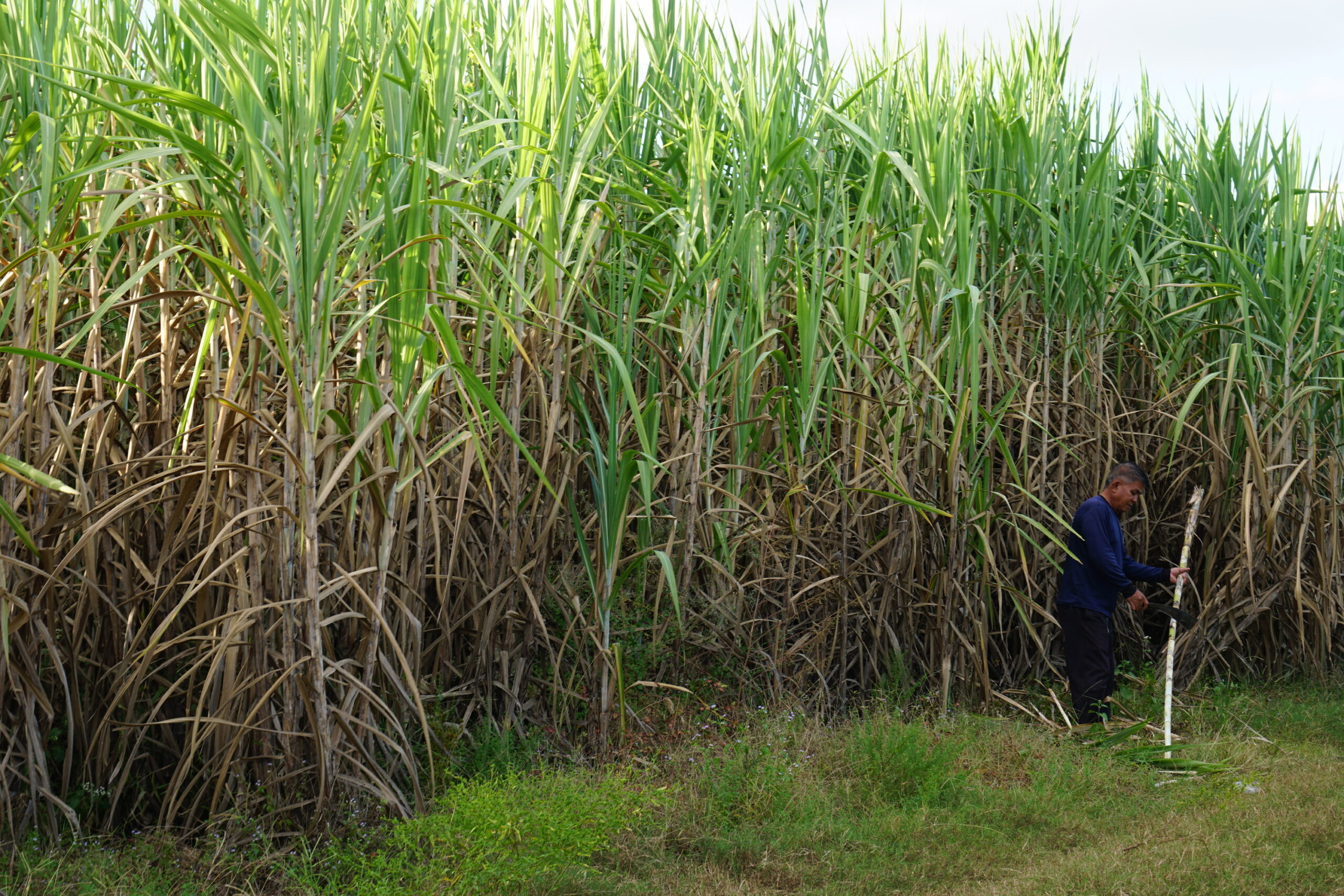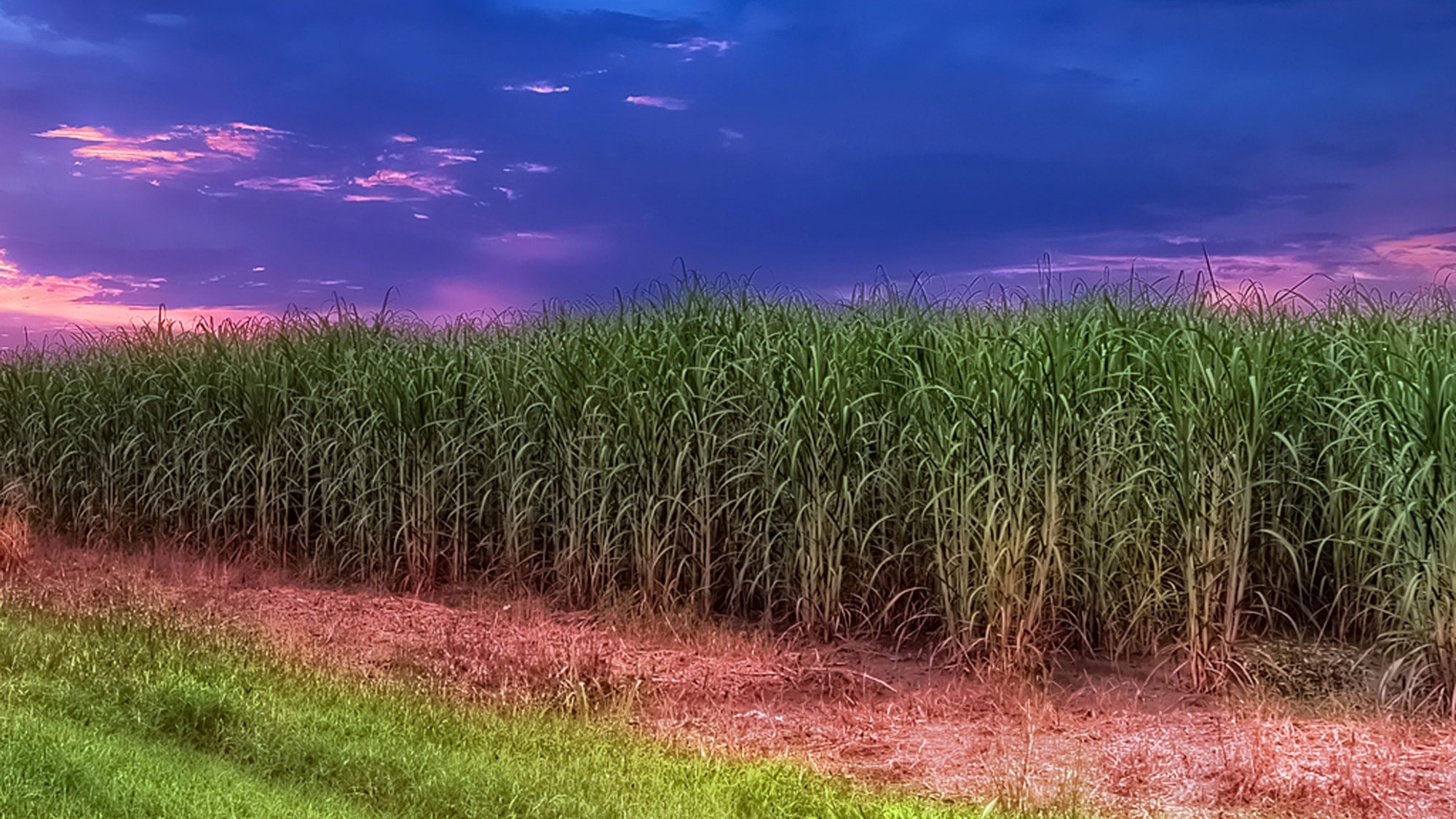How Sugar and Cane Affect Your Taste Buds and Cooking Experience
How Sugar and Cane Affect Your Taste Buds and Cooking Experience
Blog Article
Why Cane Sugar Processing Chemicals Are Essential for Modern Sugar Refining
The duty of cane sugar processing chemicals in contemporary sugar refining can not be overstated, as they are essential to boosting both the effectiveness of extraction and the total quality of the final item. Representatives such as phosphoric acid and details flocculants are utilized to remove impurities, resulting in sugar that not just fulfills customer assumptions but additionally adheres to market standards.
Role of Handling Chemicals
The efficiency of walking cane sugar processing hinges significantly on the strategic application of processing chemicals. These chemicals play an essential function in enhancing the effectiveness and top quality of sugar removal and refining. From the preliminary phases of juice removal to the last purification steps, processing chemicals assist in various crucial procedures.
In the removal phase, chemicals such as phosphoric acid and calcium hydroxide are employed to maximize the clarification procedure, helping to get rid of pollutants and suspended solids from the cane juice. This not only enhances the return but also ensures the clearness of the end product. In addition, representatives like flocculants aid in the quick settling of pollutants, therefore enhancing the total procedure.
Triggered carbon and ion exchange materials serve to eliminate color and odor, making certain that the polished sugar fulfills consumer quality standards. Hence, the meticulous choice and application of these chemicals are essential for achieving ideal outcomes in walking cane sugar handling.
Trick Types of Chemicals
Walking stick sugar processing counts on a range of key chemicals that facilitate each stage of manufacturing. These chemicals play important duties in making clear, lightening, and cleansing the sugar drawn out from cane.
One primary category of chemicals includes flocculants, such as polyacrylamide, which help in the explanation procedure by promoting the aggregation and settling of pollutants. Additionally, calcium hydroxide is typically employed to counteract level of acidity and assist in the removal of non-sugar elements.
Lightening representatives, such as triggered carbon and sulfur dioxide, are used to decolorize the syrup, resulting in a clearer last item. These chemicals aid eliminate color compounds that may influence the sugar's appearance and marketability.
Additionally, phosphoric acid functions as a pH regulatory authority during the handling phases, making certain ideal conditions for the chemical activities involved in sugar extraction and purification.
Other crucial representatives consist of edta (ethylenediaminetetraacetic acid), which chelates steel ions that could catalyze unwanted reactions, and sodium hydroxide, which helps in pH control throughout the refining procedure. Jointly, these chemicals improve performance and make certain a top quality cane sugar product.
Advantages for Sugar High Quality
Frequently forgotten, the use of specific handling chemicals dramatically improves the general top quality of cane sugar. These chemicals play a critical role in refining procedures, making certain that the final product satisfies rigorous market standards for pureness and preference.

Additionally, refining chemicals help in accomplishing a consistent granulation and appearance, which are important for customer approval. site web By managing the formation process, these chemicals make certain that the sugar crystals form consistently, bring about a more enticing product that dissolves well in different applications.
Moreover, using these chemicals can boost the life span of walking cane sugar by lessening dampness absorption and microbial development. On the whole, the calculated application of handling chemicals is vital for providing top notch walking stick sugar that fulfills consumer expectations and sector demands.
Environmental Effect Considerations

Moreover, the energy-intensive nature of sugar refining, compounded by chemical use, often causes boosted carbon exhausts. This adds to environment change and elevates worries concerning the sustainability of present refining techniques. In addition, the sourcing of these chemicals might involve methods that threaten biodiversity, such as monoculture farming, which lowers the resilience of agricultural communities.

To mitigate these impacts, sugar refiners are progressively discovering lasting alternatives and adopting best practices that reduce chemical usage. Carrying out extensive ecological management systems can assist make sure that the refining procedure straightens with environmental criteria and advertises biodiversity. Inevitably, a well balanced technique that focuses on both sugar top quality and ecological stewardship is important for the lasting feasibility of the sugar market.
Future Trends in Refining
As the sugar industry faces the environmental challenges related to typical refining techniques, innovative techniques are emerging to boost both effectiveness and sustainability. One significant pattern is the adoption of green chemistry look at these guys principles, which focus on making use of safe, naturally degradable processing chemicals. This change not just reduces ecological effect yet likewise addresses customer demand for cleaner production approaches.
Another appealing growth is the implementation of innovative filtration innovations, such as membrane layer separation and adsorption procedures. These strategies enhance the quality and quality of the sugar while lowering the volume of wastewater produced throughout refining. Additionally, the combination of electronic technologies, consisting of IoT and AI, is changing operational performance by enabling real-time surveillance and anticipating maintenance, therefore decreasing resource waste.
Furthermore, making use of byproducts from sugar refining, such as bagasse and molasses, is acquiring grip. These materials can be exchanged biofuels or value-added items, adding to a circular economic situation within the market. Jointly, these patterns signal a change towards more lasting methods that not only improve functional performance but likewise straighten with global sustainability objectives, making sure the future practicality of sugar refining.
Verdict
Walking cane sugar processing chemicals are important in modern-day sugar refining, considerably boosting the performance and quality of sugar removal. The calculated use of these chemicals not only boosts the pureness and taste of the end product however additionally makes certain regular formation and appearance. As the market progressively focuses on sustainability, the fostering of environmentally-friendly handling representatives is most likely to form future fads in refining, ultimately leading to better items and prolonged life span for consumers.

Inevitably, a balanced method that focuses on both sugar quality and environmental stewardship is necessary for the long-term practicality of the sugar market.
Walking cane sugar processing chemicals are vital in modern-day sugar refining, significantly improving the performance and quality of sugar extraction.
Report this page